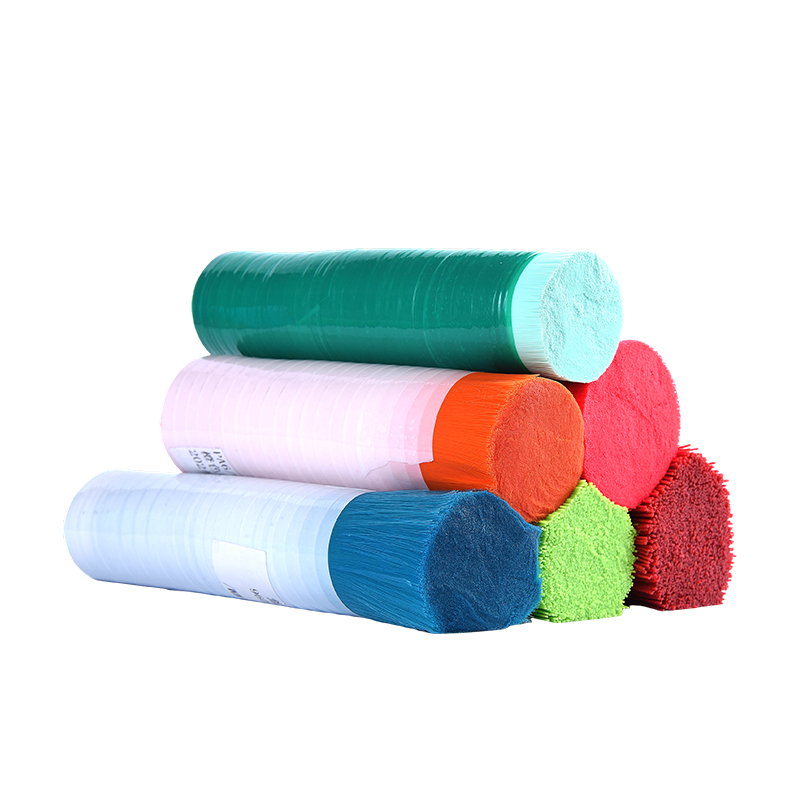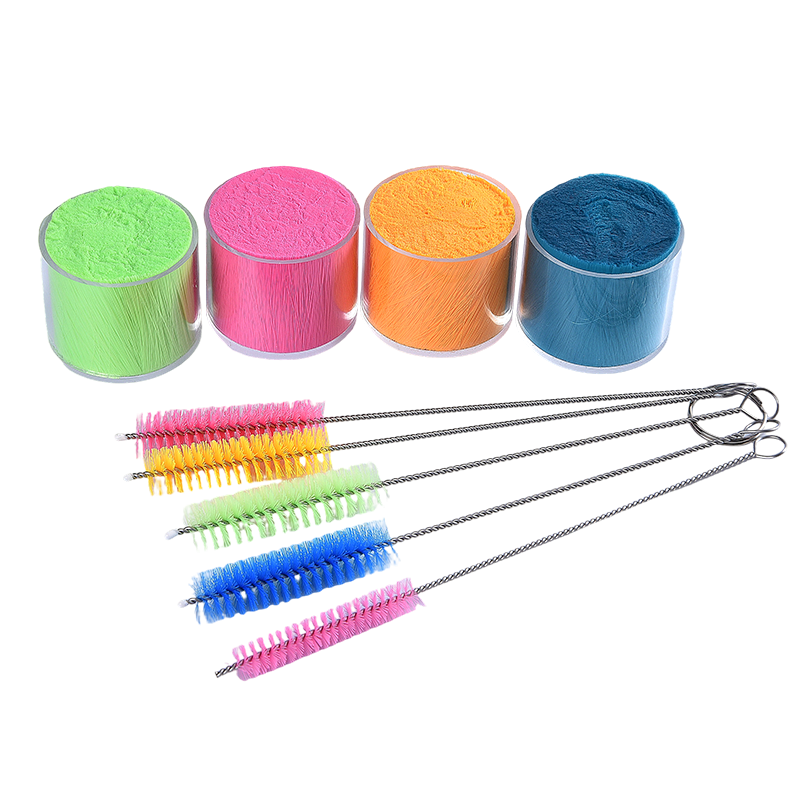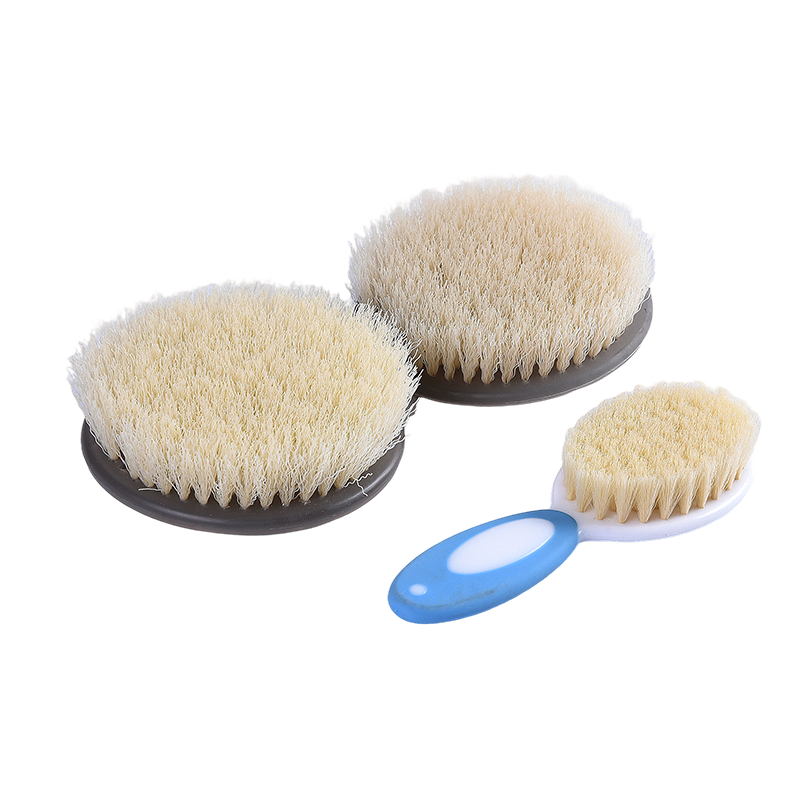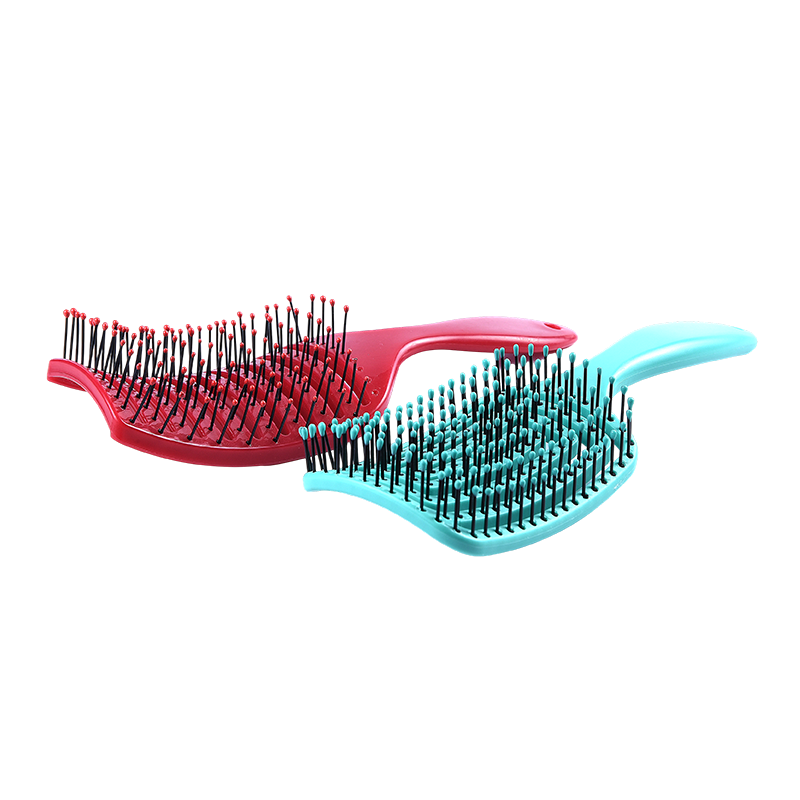What Mechanical Properties Make It Suitable for Heavy-Duty Use?
Nylon PA610 excels in industrial settings due to its robust mechanical profile. It offers exceptional wear resistance and fatigue resistance, allowing brushes to maintain their shape even after prolonged scrubbing or high-speed rotation . Its high tensile strength (minimum 60 MPa) and flexural strength (over 80 MPa) prevent filament breakage when tackling tough residues like industrial grime or agricultural debris . Unlike weaker materials, it resists creep—avoiding permanent deformation under constant pressure.
How Does Its Chemical Resistance Benefit Industrial Applications?
Industrial cleaning often involves exposure to harsh substances, and PA610’s chemical stability is a critical advantage. It withstands both strong alkalis and weak acids, making it suitable for sectors like food processing (where acidic residues are common) and manufacturing (where cleaning solutions may be caustic) . Its low water absorption rate further enhances this resistance, as moisture doesn’t compromise its structural integrity or performance over time . This durability reduces brush replacement frequency in corrosive environments.
What Makes It a Cost-Effective Choice Despite Higher Initial Prices?
While PA610 filament costs more upfront than alternatives like PA6 or PA66, its longevity delivers long-term savings. Brushes made with PA610 last significantly longer, cutting down on the labor and material costs of frequent replacements . For high-volume applications—such as fruit and vegetable cleaning lines or glass polishing equipment—this extended lifespan translates to lower total operational costs. Additionally, its plant-derived content (about 60%) aligns with sustainability goals without sacrificing performance .
Recommended Products
Products provided by famous enterprises are deeply trusted by users.


 English
English русский
русский Türk
Türk










